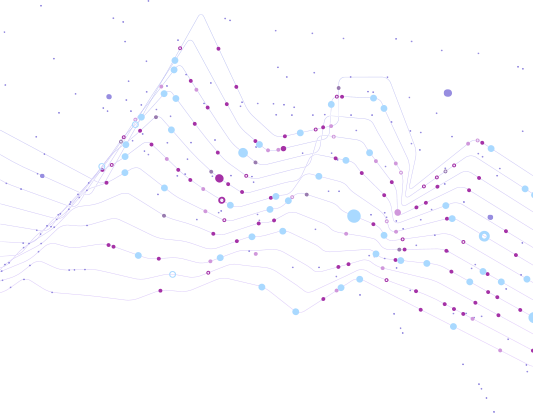


How Mobile Apps Are Shaping the Future of Toronto’s Healthcare Industry
Toronto is rewriting its health sector with technology. The largest and most innovative city in Canada is under pressure to develop into a more accessible, efficient, and patient-centric healthcare system. Mobile applications have become an adjunct to drive this mobility. Virtual consultations, chronic and long-term diseases, and mobile solutions are increasingly improving both service delivery and personal experience throughout the city.
Rise of mHealth: A Toronto Perspective
Mobile health (mHealth) applications are not a futuristic concept anymore—they constitute everyday life for many Torontonians. With smartphones in just about everybody's pocket, patients can now seek medical services at their time of convenience. The mobile-first care approach gained strong momentum after the COVID pandemic, which showed the need for remote consultations, self-monitoring tools, and quick access to health resources.
Toronto healthcare practitioners, app developers, and startups are quickly adapting to this model. Hospitals and clinics partner with tech companies in the development of HIPAA-compliant mobile platforms to support real-time communications, appointment scheduling, electronic prescriptions, and digital health records.
Virtual Consultations and Telehealth Adoption
At present, virtual consultation is the most remarkable innovation in mobile health. The applications have enabled patients to consult doctors and specialists without visiting the clinic. Telehealth services saw massive uptake in Toronto, owing to the pandemic, and it is currently very popular especially among older adults, sick people, and those from remote localities.
Such mobile apps are Maple and Akira, which are now growing rapidly in the city for providing a safe video consultation between their clients and board-licensed medical professionals within minutes. The apps also help reduce emergency department and walk-in clinic use, hence making the overall system more efficient.
Chronic Disease Management and Preventative Care
Data-Driven Insights Through Mobile Apps
The inclusion of intelligent analytics and artificial intelligence into healthcare applications facilitates mature decision-making. Based in Toronto, app developers focus on the platforms that can gather and analyze user health data and provide indicative insights. These apps able to recognize early warning signs of medical conditions, recommend interventions in time, and notify care providers with abnormality signals.
A data-centric approach that further reduces patient wait times optimizes resource allocation across hospitals and helps ensure accurate diagnosis. From hospital management systems to patient care dashboards, mobile applications form the backbone of Toronto's healthcare infrastructure.
Enhancing Patient Engagement and Accessibility
Patient engagement is one of the finest benefits of healthcare applications. Features such as push notifications, reminder alerts for medication or follow-up, personalized health information, or interactive dashboards help keep patients engaged in their care. The apps can also accommodate multilingual capabilities along audio/video guides, design that is accessible for all users, including newcomers and people with disabilities.
In a complex multiracial city like Toronto, accessibility is not an option but a norm. Mobile health apps are overcoming language barriers and recognizing cultural sensitivities to address certain logistical challenges by offering tailored solutions for various demographics.
Opportunities for Startups and Developers
Toronto has the landscape for healthcare-centric innovation; it has a flourishing tech ecosystem. With lots of political support, excellent medical institutions, and a diverse population, which is positive about using digital solutions, mobile health applications are going to huge demand. There are already developing apps of startups that are doing so targeting the following: mental health, women's health, aging/senior care, and remote diagnostics.
Increasing collaboration between the public health sector and private mobile application development companies further ensures that those applications will be functional but also safe, compliant, and scalable.
Challenges to Address
It appears like they are making headway in mobile healthcare and health care advancements; however, on the other hand, fiber optic cable Toronto still faces many challenges in data privacy, literacy, and regulatory compliance with mobile healthcare. Ensuring that all mobile health applications comply with privacy legislation like PHIPA is another consideration. Furthermore, while many individuals are able to use digital technologies, a fraction of the population would need help with such navigation.
Indeed, by bringing app developers and healthcare providers together in a partnership at promoting user-friendly design, clear data usage policies, and strong protections, mobile health could become accessible to everyone.
The Road Ahead
Mobile apps do not merely facilitate Toronto's healthcare system-they are transforming it. In the coming days, we can expect a new set of intelligent features like AI-driven diagnostics, personalized treatment recommendations, and integrated health ecosystems that connect patients, providers, and pharmacies appropriately.
By embracing this technology, Toronto sees itself at the forefront of digital healthcare. The future is app-powered, and it makes healthcare more effective, more equitable, and more patient-centered than it is now.
